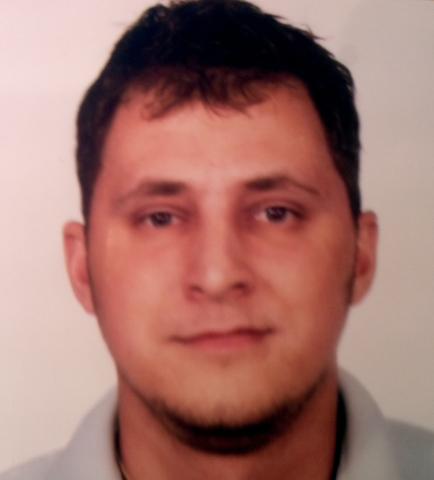event
GaP Seminar Series
Primary tabs
Jan Krajniak - Advisor, Hang Lu, PhD
"Long Term Culture of C. elegans with High Resolution Repeated Imaging for Developmental Studies of the Nervous System"
Caernohabditis elegans is an excellent model organism for studying the function and development of nervous systems, such as synaptogenesis, synaptic function, neuronal development, etc. However, long term developmental studies of C. elegans with high-resolution repeated imaging pose a specific set of challenges. Animals have to be allowed to develop and grow normally between imaging cycles with free movement and proper nutrient delivery, be tracked on an individual per-animal basis, and be imaged repeatedly with high resolution during all developmental stages at physiological conditions, so as to not negatively affect development. Unfortunately, standard techniques in biology use anesthetics or glue for immobilization; thus each animal can be imaged only once. The field of microfluidics has produced alternatives, but none of the methods or devices addresses all of the above requirements. We developed a hybrid system, which uses the functionality of a microfluidic chip and of a solution of the Pluronic F127 polymer. The microfluidic chip is used to trap embryos in individual culture chambers and to deliver nutrients and culture media. The polymer solution is used for immobilization of animals during imaging; integrated, transparent Indium Tin Oxide electrodes are used as resistive heaters to warm the polymer solution by 1-2 °C, trigger the sol-gel transition, and trap the animals in the resulting gel. After imaging, the gel cools and becomes liquid, allowing animals to move around freely again.
Sharon Norman - Advisor, Rob Butera, PhD
"Prediction of Neural Synchrony using PRC Based Methods"
The maintenance or absence of synchrony is important for normal nervous system function. Phase response curves (PRCs) describe how periodic biological processes, such as circadian cycles, cardiac rhythms and spiking neurons, respond to perturbations. We use electrophysiological techniques to determine the PRCs of invertebrate neurons and predict phase locking between coupled biological and model cells.
The Graduate and Post-Doc (GaP) Seminar Series is a weekly event of research presentations by two graduate students or post-docs conducting bio-related research. The series is organized and sponsored by the Parker H. Petit Institute for Bioengineering and Bioscience (IBB) with additional support from the Wallace H. Coulter Department of Biomedical Engineering. It is held every Wednesday at 12:00pm in IBB 1128 and refreshments are provided. If your research group or department would like to present at future seminars, please contact Manu Platt, PhD at manu.platt@bme.gatech.edu.
Status
- Workflow status: Published
- Created by: Colly Mitchell
- Created: 06/02/2011
- Modified By: Fletcher Moore
- Modified: 10/07/2016
Categories
Keywords
User Data



